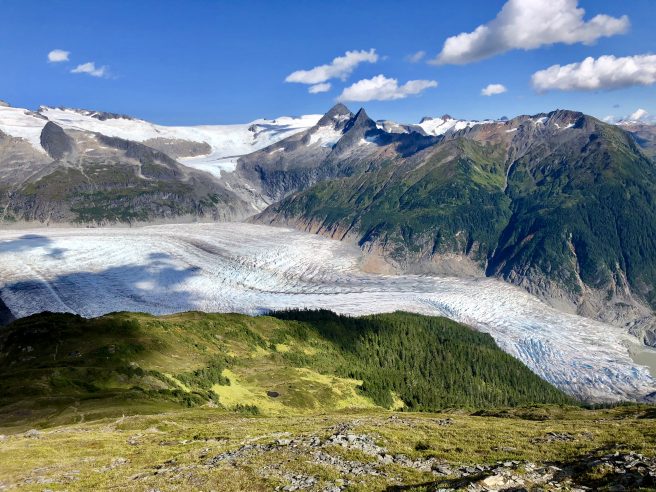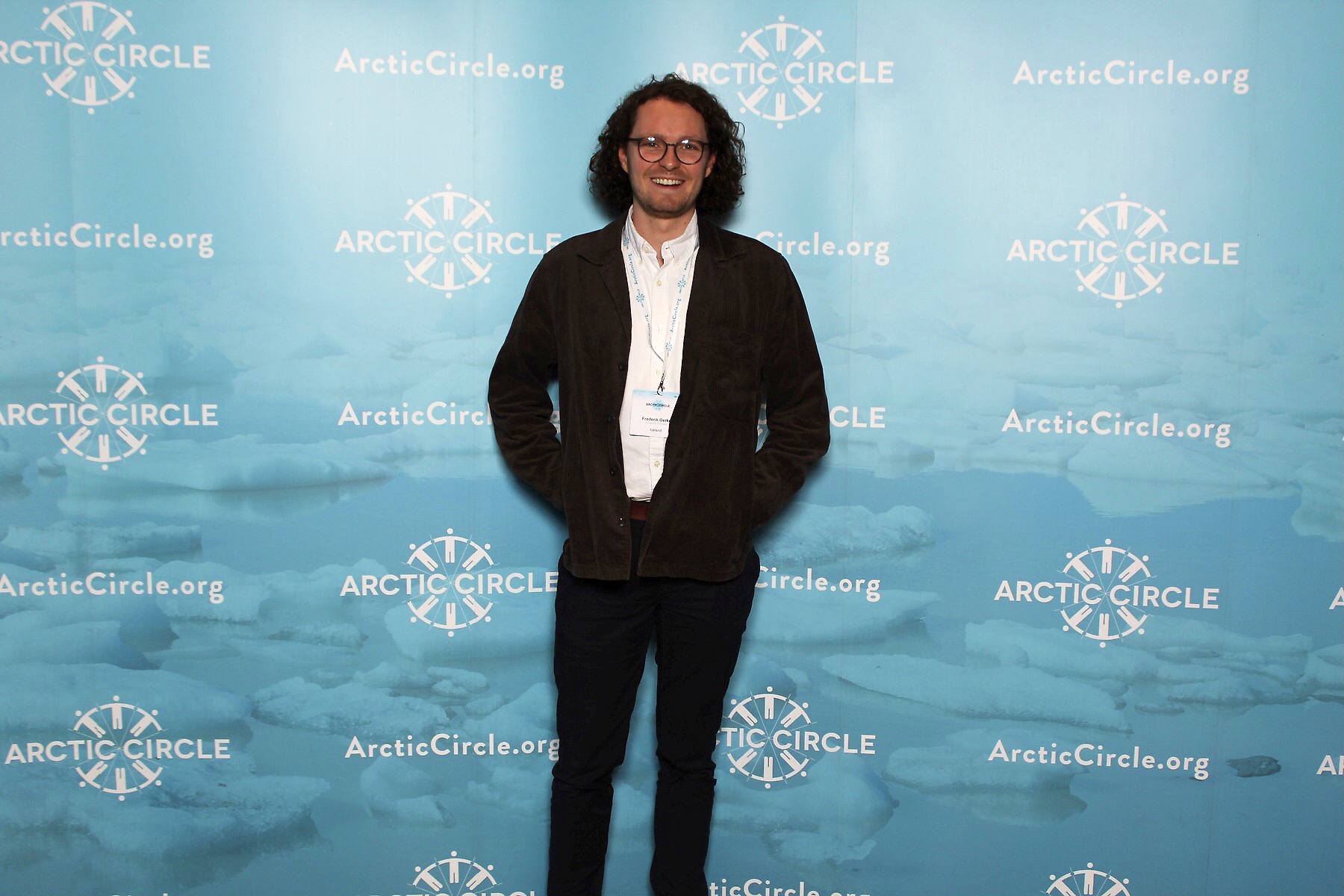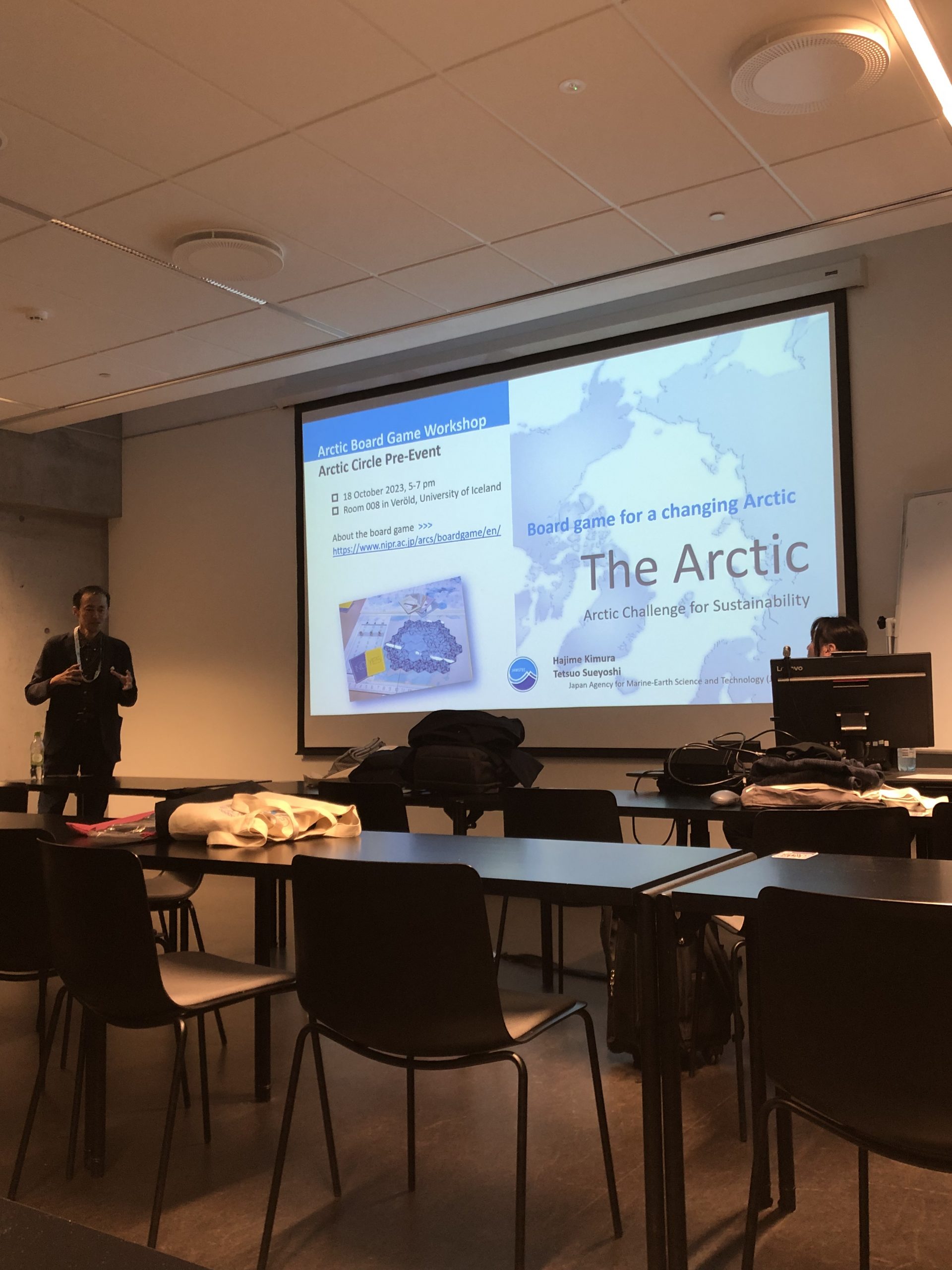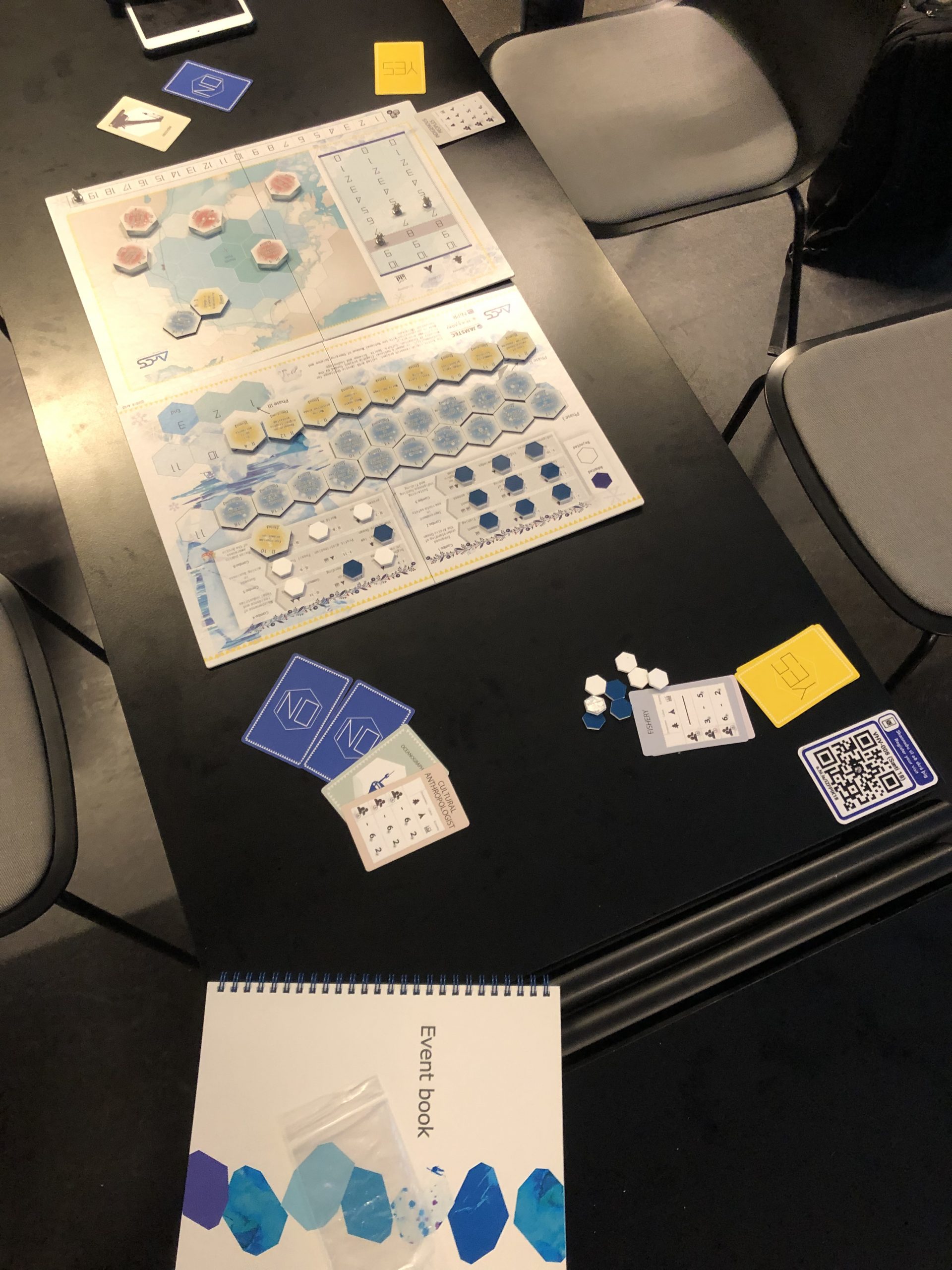Exploring the Arctic: My Journey Through a Postgraduate Diploma in Arctic Studies
29 June 2024
By Frederik Gerke
Greetings, Arctic enthusiasts! I am excited to share my experience pursuing a postgraduate diploma in Arctic Studies at the University of Iceland in Reykjavik in 2023. As someone living in Germany with a profound interest in the Arctic, discovering this unique program was a thrilling opportunity.
Understanding the Postgraduate Diploma
Essentially, a postgraduate diploma in Iceland is a one-semester program comprising six courses, totalling 30 ECTS (credit points). It offers students who have completed a bachelor’s degree the chance to get a glimpse into a master’s program. Upon completion, students can choose to continue toward a master’s degree. In my case, this would have been a Master’s in International Affairs. However, since this master’s program did not focus on the Arctic and I already held a master’s degree, I decided not to pursue further studies.
The Diploma Structure
The Arctic Studies postgraduate diploma consists of six courses – three with a clear Arctic focus and three related to International Relations/Affairs:
Arctic-Focused Courses:
- Introduction to Arctic Studies
- Arctic Politics in International Context
- The Arctic Circle
International Relations/Affairs Courses:
- Theories of International Relations
- Iceland in the International System
- Assignment in International Affairs
Let’s take a closer look at the three Arctic-focused courses.
Introduction to Arctic Studies
This course provided a comprehensive foundation in Arctic Studies, covering essential topics such as defining the field, relevant concepts, key actors, a brief regional history, core narratives, and current drivers and trends. It was an excellent starting point for anyone new to Arctic topics. The reference text for this course was The Arctic: What Everone Needs to Know, a highly recommended read for those interested in the Arctic.
Arctic Politics in International Context
Building on the foundations of the first course, this one explored the aims, interests, opportunities, and challenges faced by state and non-state actors, regional fora, and international organisations in the changing Arctic region. We analysed contemporary dilemmas in Arctic governance, cooperation, and regional imaginaries. The course examined the Arctic policies of the ‘Arctic Eight’ states (Canada, Denmark, Finland, Iceland, Norway, Sweden, the Russian Federation, and the United States) and the roles of other entities, such as the Arctic Council, NATO, the EU, and the UN. It provided an in-depth look at the major political contours shaping today’s Arctic.
The Arctic Circle
This course was definitely one of the highlights of the diploma. The semester began in late August, and by mid-October, we were halfway through our courses when the annual Arctic Circle Assembly took place in Reykjavik from October 19th to 21st. Enrolling in this course allowed us to attend the conference. With our newfound knowledge and understanding of the Arctic, we could fully engage with the sessions and presentations. The Arctic Circle Assembly was a spectacular event, enriching our academic journey with real-world insights.

One particularly special moment for me at the Assembly was speaking to Aaju Peter, whose film Twice Colonised I had seen at the Reykjavik Film Festival a few weeks before the Assembly.
Being associated with the University of Iceland also gave me the opportunity to test a board game on a changing Arctic for a Japanese research group during a pre-event of the Assembly. Check it out here.
Reflecting on the Experience
I am incredibly grateful to have discovered this postgraduate diploma. I highly recommend it to anyone interested in the Arctic and International Affairs. Completing this diploma solidified my desire to work in the Arctic field, and I was fortunate enough to join the Arctic Basecamp team in June 2024, where I am now managing their Global Climate Risk Platform. I am very excited to see where my Arctic journey will take me in the future.
I hope this insight into my journey through the postgraduate diploma in Arctic Studies inspires those with a passion for the Arctic to explore similar opportunities. If reading this made you interested in learning more about this postgraduate diploma, you can find more information here.
Frederik is a motivated young professional working as a Platform Manager at Arctic Basecamp. He is passionate about supporting sustainable development in the Arctic region and fostering dialogue around Arctic issues. If you have further questions about the postgraduate diploma or just want to connect feel free to do so.
- From the Floe Edge: Visualising Sea Ice in Kinngait, Nunavut
- Bridging Knowledge and Action: A Polish-Norwegian Perspective on Arctic Science-Policy Collaboration
- Unpacking the Motivation Behind Wintering at Polar Stations
- Working the Ocean’s White Gold: A Nutshell History of a Living Bering Strait Tradition
- Political Participation in the Arctic: Who is heard, when, and how?

